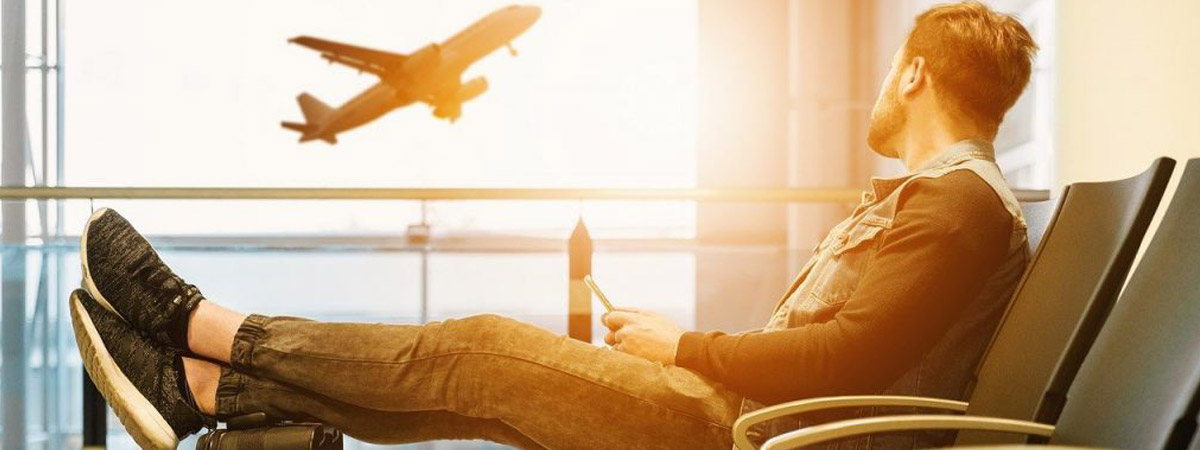
As travel restrictions begin to ease, the UK’s national reporting center for fraud and cybercrime is warning the British public to watch out for holiday fraud.
According to the latest public alert, holiday fraud has been a very lucrative business during the 2020-2021 financial year, inflicting losses of £2.2 million. Action Fraud says it had received 1,907 reports with an average loss of £1,242 per victim.
Although the agency notes a decrease of over 70% in reports from the previous fiscal year, the highly anticipated reopening of international travel is bound to attract the attention of fraudsters and cybercriminals
“We are all more eager than ever to go on a holiday and relax with family and friends, following the coronavirus pandemic,” said Pauline Smith, the Head of Action Fraud. “However, criminals will stop at nothing when it comes to defrauding innocent people out of a well-deserved break and their hard-earned cash.”
The agency’s report reveals that 56% of accounts were linked to booking airline tickets online and just 29% to holiday accommodation. However, nearly a third of victims said they were approached successfully by individuals or had responded to an online advertisement on social media platforms.
“Criminals are increasingly using more sophisticated ways to trick their victims, which is why it’s important that we all do our research when booking a holiday and making travel arrangements,” Smith added. “Regardless of whether you’re planning on travelling abroad, or going on a domestic holiday this year, remember, if a deal sounds too good to be true, it probably is.”
Facebook seems to be the online platform where victims were most commonly duped, as stated in 62% of the reports. Online booking platforms such as Booking.com and Airbnb were mentioned by nearly 10% of victims.
“Online booking platforms act as a platform for third parties to advertise accommodation,” Action Fraud explains. “Whilst many accommodation providers who make use of online booking platforms are legitimate, some criminals will use these platforms to defraud victims by advertising bogus accommodation.”
Around 7% fell victim to bogus offers on fake websites that impersonate legitimate travel agencies, including holiday accommodation platforms, airline ticket websites and comparison websites.
Unfortunately, some victims only learn of the scam on the day of travel, as they could not check in at the airport.
Avoid holiday fraud this year
You can stay safe and avoid becoming another holiday fraud victim by following these simple steps:
- Research before purchasing from an unknown company – if the company you’re thinking about buying a holiday or flight from is not legitimate, you might find consumer reports, reviews and warnings online
- Check the logo and domain name of the company website – sadly, many fake websites use the logo and a spoofed version of the website of a legitimate business. The best way to avoid becoming a victim is to not click on the links provided via ads on social media platforms. Use the search bar in your browser to manually enter the website you want to visit instead.
- Pay with a credit card whenever possible and immediately reassess your choices if asked to pay via wire transfer into a private individual’s bank account.
- Diligently study your invoices, terms and conditions and receipts.
- Trust your instinct and dismiss any too-good-to-be-true deals, as they are the first sign of fraud.